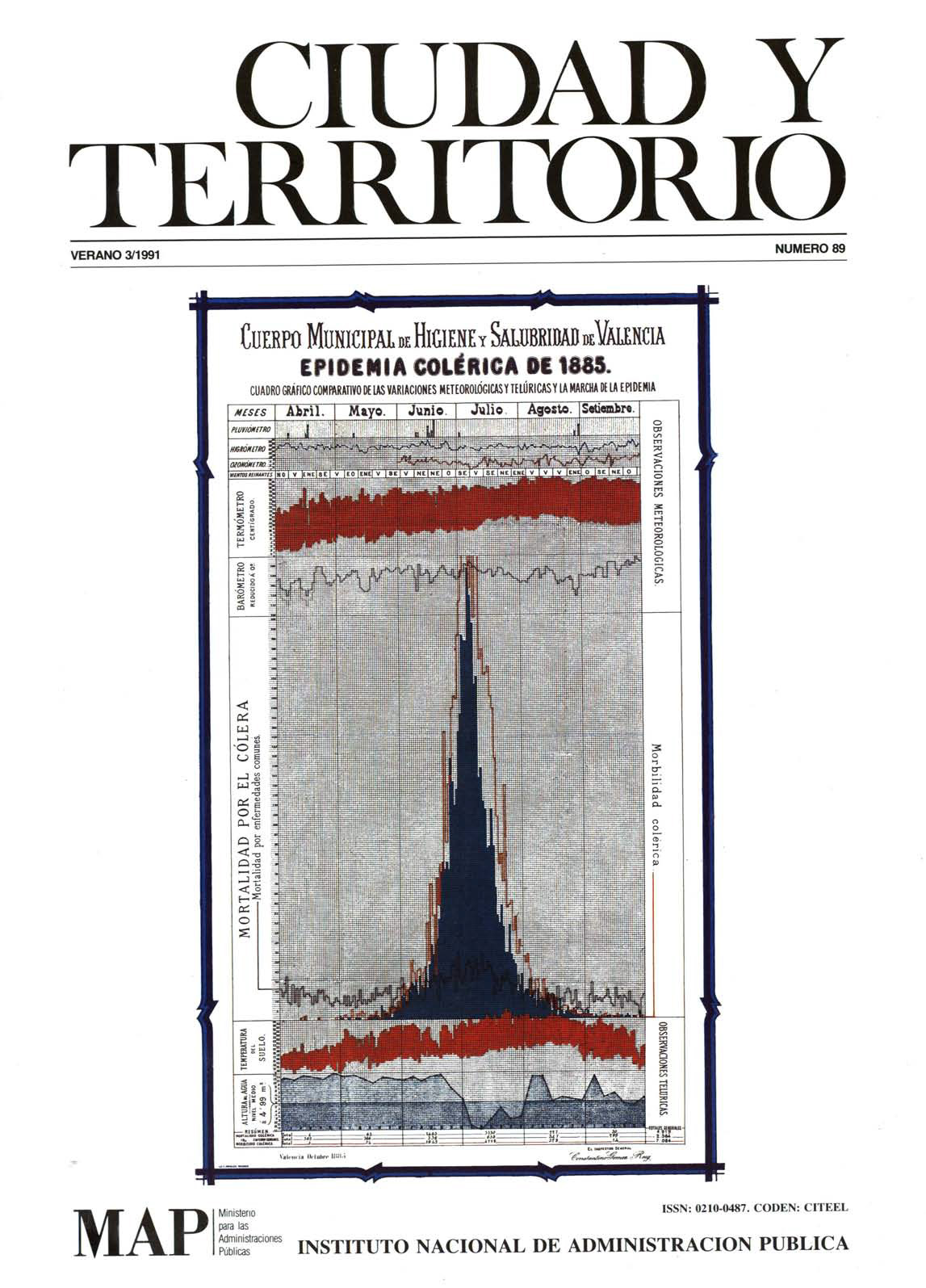The city, its health and taking part in keeping it
Abstract
The paper explains how the cities of classical Greece saw the birth of hipocratic medicine and gave to it, thanks to the democratic and rational milieu that reigned in them, a special slant: patient and doctor discussed the case. It goes on the explain how from the Middle Ages onwards, the city became a hot bed for diseases that had to be counteracted civically. Public Hygiene and Social Pathology were both born of and shaped by this their nursery. The Industrial Revolution altered both the city and its health requirements beyond recognition and faced new population, for the main parte workers, with contradictions and a need for participation, in both cases of a decidedly political nature. The paper concludes that this question of popular participation in Public Health, within the overall context of a crisis of the Wellfare State, has brought out more clearly than ever the deeply political undertow of the issue despite its usual trappings of philanthropy and mere expertise.
Downloads
Downloads
Published
How to Cite
Issue
Section
License
Copyright (c) 1991 Elvira Ramos García, Antonio Sánchez Moreno, Pedro Marset Campos

This work is licensed under a Creative Commons Attribution-NonCommercial-NoDerivatives 4.0 International License.
Considering the provisions of the current legislation on Intellectual Property, and in accordance with them, all authors publishing in CyTET give -in a non-exclusive way and without time limit- to the Ministry of Transport, Mobility and Urban Agenda the rights to disseminate, reproduce, communicate and distribute in any current or future format, on paper or electronic, the original or derived version of their work under a Creative Commons Attribution-NonCommercial-NoDerivative 4.0 license International (CC BY-NC-ND 4.0), as well as to include or assign to third parties the inclusion of its content in national and international indexes, repositories and databases, with reference and recognition in any case of its authorship.
In addition, when sending the work, the author(s) declares that it is an original work in which the sources that have been used are recognized, committing to respect the scientific evidence, to no longer modify the original data and to verify or refute its hypothesis. Author(s) also declare that the essential content of the work has not been previously published nor will it be published in any other publication while it is under evaluation by CyTET; and that it has not been simultaneously sent to another journal.
Authors must sign a Transfer of Rights Form, which will be sent to them from the CyTET Secretariat once the article is accepted for publication.
With the aim of promoting the dissemination of knowledge, CyTET joins the Open Journal Access (OA) movement and delivers all of its content to various national and international indexes, repositories and databases under this protocol; therefore, the submission of a work to be published in the journal presupposes the explicit acceptance by the author of this distribution method.
Authors are encouraged to reproduce and host their work published in CyTET in institutional repositories, web pages, etc. with the intention of contributing to the improvement of the transfer of knowledge and the citation of said works.








 Enlace a CyTET en Linkedin
Enlace a CyTET en Linkedin